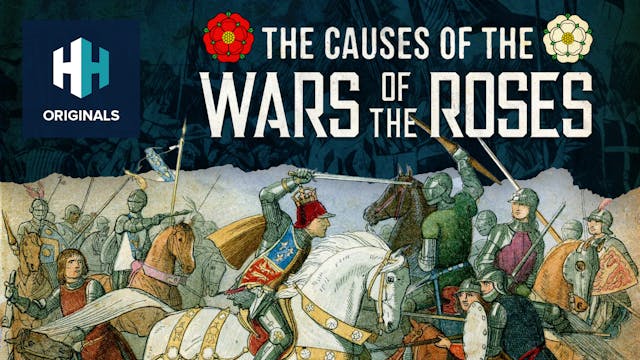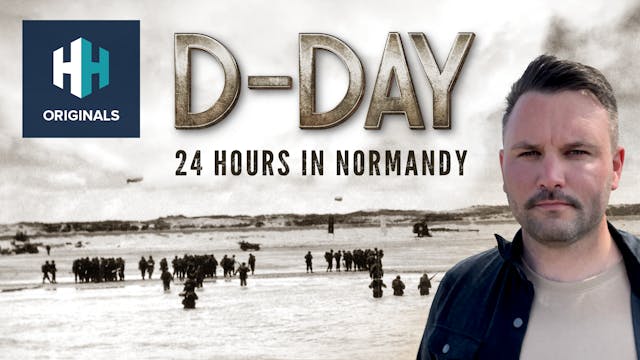A century-old injustice needs to be corrected. “More Than a Medal,” follows the extraordinary story of researchers working against time, exploring previously untold heroic stories from the battlefields of France, and the experience of modern-day descendants as they maintain cautious hope of recognition.
In September 2018, the Valor Medals Review Task Force began the challenging research task of collecting and reviewing archival records, and carrying out genealogical and descendant outreach to persuade the Department of Defense to execute a systematic review of minority veterans from World War I. Despite their valorous deeds, it emerges that they may have been unjustly denied awards due to their race or religion.
To date, researchers have identified 214 servicemembers — 105 Jewish Americans, 73 African Americans, 23 Native Americans, 12 Hispanic Americans and one Asian American — who have qualified for review, finally receiving recognition for their heroic service over 100 years ago.
Since 1941, the U.S. Congress and the Department of Defense have reviewed the military’s process for awarding valor medals to ensure minority veterans were recognized equitably, but no review has occurred for World War I veterans. In April 2019, however, the U.S. House of Representatives and U.S. Senate introduced separate bills to require the systematic review of minority veterans who served in World War I. Park University was the driving force behind bipartisan bills introduced in Congress (H.R.2249) and (S.1218).
History Hit is pleased to present this remarkable production by Lame Deer Films in cooperation with the Robb Centre.
Up Next in Documentaries
-
The Western Front
The Western Front, a 400-plus-mile stretch of land weaving through France and Belgium from the Swiss border to the North Sea, was the decisive front during World War One. Despite the global nature of the conflict, much of the world remembers the scars of the Great War through the lens of these ba...
-
The Causes of the Wars of the Roses
The Wars of the Roses were one of the bloodiest periods in English history. After 30 years of conflict between the royal houses of Lancaster and York, the nobility was shattered, and the Plantagenet dynasty was ended. But what caused this long period of internecine violence? It's a story of such ...
-
D-Day - 24 Hours in Normandy
At 07.37 on 6th June 1944, the ramps of the landing craft carrying the men of A and D companies 6th battalion Green Howards went down, and the men stormed up the beaches.
It was D-Day.
Now Dr James Rogers is going to put D-Day under the microscope, following in the footsteps of the men of the ...




6 Comments